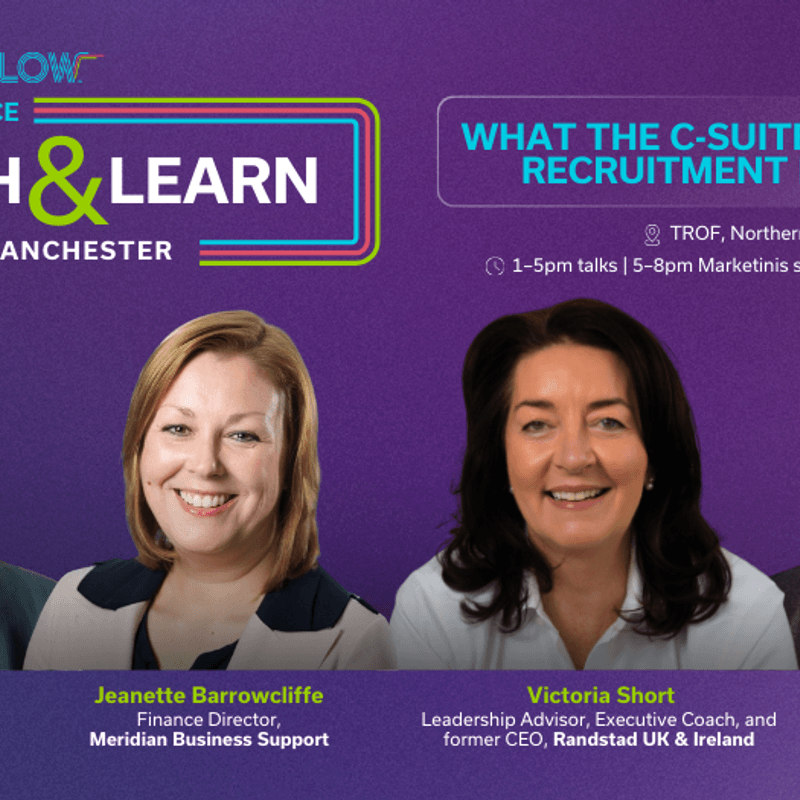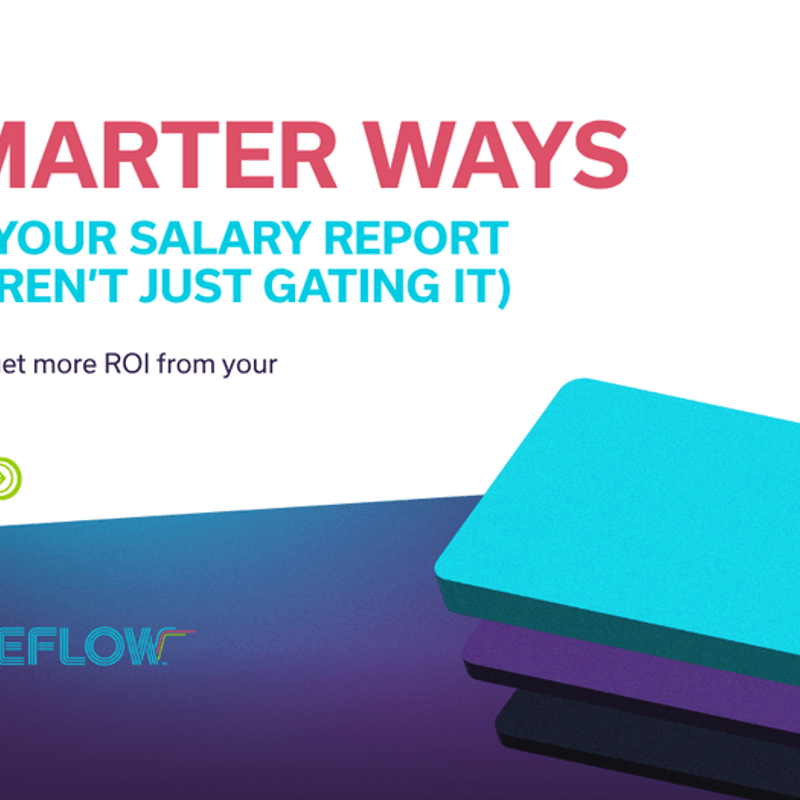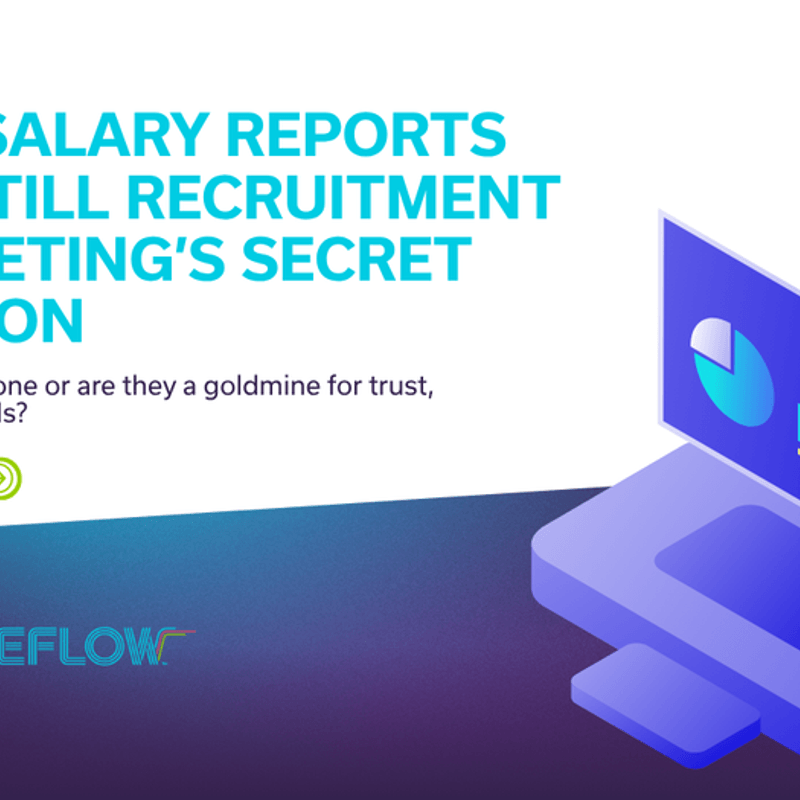
The Future of Job Applications (and the Increasing Chance of AI Taking Over)

Share
Introduction: The Current Situation
Currently, job applications are taken (in the most part) via application forms on websites. The forms are either driven from software embedded in the technical solution, such as in proprietary software, or via third party plugins such as in the case of Wordpress.
The first thing I want to say here is that there’s nothing wrong with this method. In the same way that there was nothing wrong with going to Blockbuster and buying videos (I miss those days).
The issue is that technology is moving quickly and users' patience and expectations, especially the new generation of workforce, are outstripping the ‘fit’ of traditional form methods.
What the future holds
The future of job applications is not as straightforward as it may seem. Currently, the job application is a form driven process with little flair or room for personalised experiences. With the rise of AI, we can expect to see a lot more automation in the process. This will make it easier for companies to find the best candidates for their jobs and also save them time and money.
AI will be able to scan through resumes and cover letters, identify keywords, and then rank them based on how well they match the job description. It will also be able to scan through social media profiles and identify potential candidates that are a good fit for the company’s culture.
In the short term, we expect to see conversational applications, where, similar to Typeform, the application process is gamified, rather than in a long form. This gives users instant gratification and means agencies can request more information, without making it feel daunting for job seekers.
What the Experts Say About the Future of Job Applications
According to *PWC 81% of candidates applying for jobs are happy to share their social media information with agencies and employers as long as their data is protected. Sharing this type of information might improve the job fit for a candidate, meaning better placements for recruiters.
The same PWC report also says 77% of candidates wouldn’t apply for a job is they felt privacy wasn’t being protected, so being clear and transparent in how & why you process data.
According to a report by **HBS and Accenture, AI recruitment systems are blocking an estimated 27 million people from finding full-time work.
Companies using automation, which is often AI-driven, are, without knowing it, rejecting viable candidates, which means these people are "hidden" from recruiters.
As many as 75% of employers rely on this technology, according to the report, which shows the potential unknown damage that AI could be causing to the hiring process.
What is Artificial Intelligence and How Will it Change the Way We Look at Job Applications?
AI has been used in the job application process for a while now. It can be used to scan resumes, identify skills, and even generate interview questions.
The AI-powered resume scanning software can scan through thousands of resumes in minutes and find the best candidates for a given position.
The good news is that AI should improve the application process for job seekers and agencies by matching people to opportunities at a far faster rate than a human could do, effectively eliminating stages of the hiring process.
However, as highlighted in the WEForum report, there are teething issues to be ironed out that may be costing people jobs at present.
*https://www.pwc.com/us/en/services/consulting/business-transformation/library/hr-recruiting.html
**https://www.weforum.org/agenda/2021/09/artificial-intelligence-job-recruitment-process/
Photo by Benjamin Davies on Unsplash
Ready to grow
with the Flow?
Whether you want to refresh your recruitment website design or take on several global sites, we have the experience and expertise you need.





